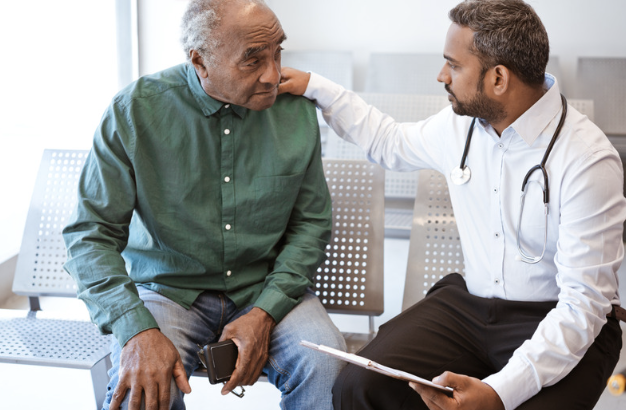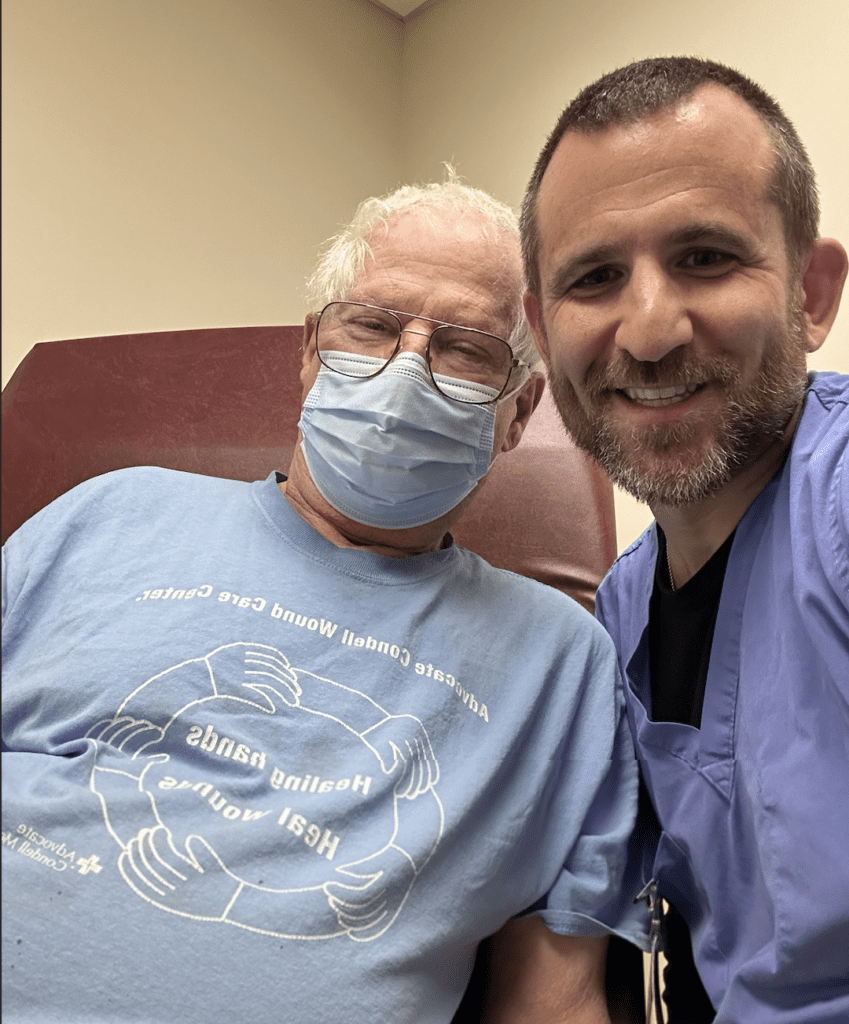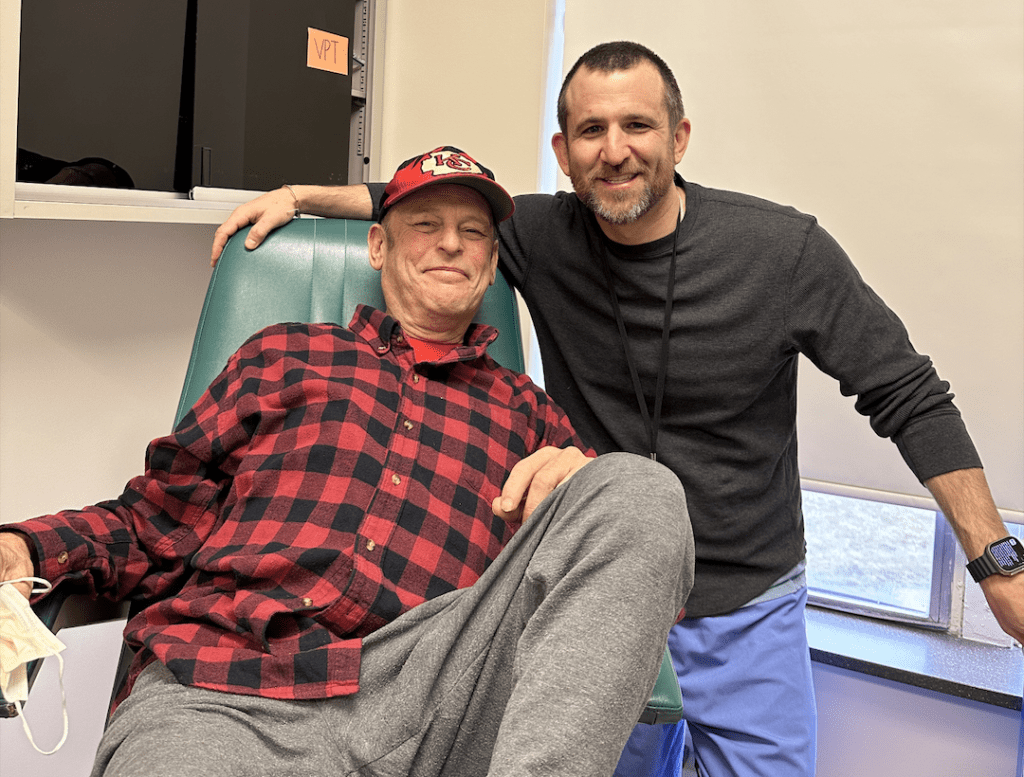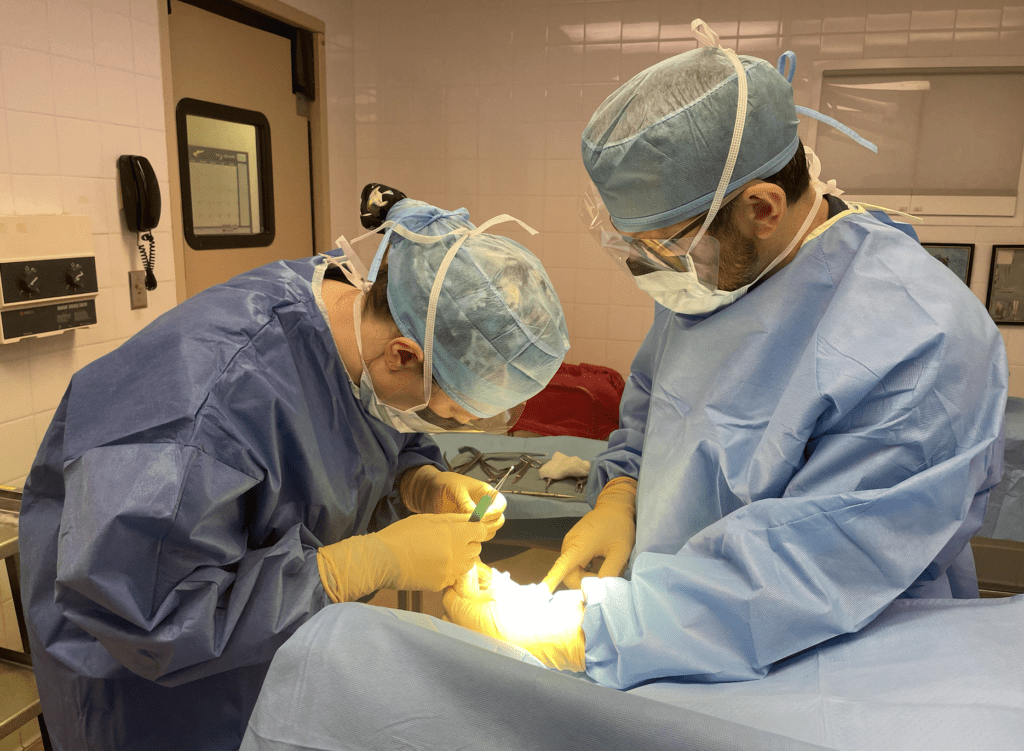In the world of healthcare, where cutting-edge technology and advanced medical procedures often take center stage, it’s easy to overlook one of the most fundamental aspects of patient care — good bedside manner. The term “bedside manner” refers to the way healthcare professionals interact with patients, demonstrating empathy, compassion, and effective communication. This often undervalued aspect of healthcare is, in fact, the heartbeat of the patient experience, playing a crucial role in overall well-being and treatment outcomes.
Empathy as the Foundation:
At its core, good bedside manner is rooted in empathy — the ability to understand and share the feelings of another. Patients, especially those facing illness or uncertainty, crave more than just medical expertise; they seek comfort, reassurance, and a genuine connection with their healthcare providers. Empathetic communication can significantly alleviate anxiety, build trust, and foster a positive healing environment.
Communication is Key:
Effective communication is vital in the doctor-patient relationship. Beyond conveying medical information, it involves actively listening to patients, addressing their concerns, and ensuring they understand their diagnosis and treatment plan. A healthcare professional with a good bedside manner communicates with clarity, using language that is accessible and tailored to the patient’s level of understanding. This not only empowers patients to actively participate in their care but also establishes a foundation of trust that is vital for successful treatment.


Building Trust:
Trust is the bedrock of any successful healthcare relationship. Patients are more likely to follow through with recommended treatments and share important information about their health when they trust their healthcare providers. A warm, respectful, and empathetic bedside manner contributes significantly to building and maintaining this trust. When patients feel heard, understood, and respected, they are more likely to engage in open and honest communication, allowing for a more accurate diagnosis and better-informed treatment decisions.
Enhancing the Healing Environment:
The physical environment in a healthcare setting is undoubtedly important, but the emotional and psychological atmosphere is equally crucial. A healthcare professional with a good bedside manner contributes to a positive and supportive atmosphere, fostering a sense of hope and comfort. This can have a profound impact on the patient’s mental and emotional well-being, complementing the medical interventions and contributing to a holistic approach to healing.
Reducing Patient Anxiety:
Facing a medical issue can be an overwhelming experience for patients. Good bedside manner can help alleviate anxiety by providing emotional support, answering questions, and offering reassurance. A compassionate and empathetic approach helps patients feel more at ease, potentially improving their overall experience and even positively influencing recovery outcomes.
The Importance of Bedside Manner:
In the fast-paced and ever-evolving world of healthcare, it’s essential to remember that behind every diagnosis and treatment plan is a human being seeking care, comfort, and understanding. Good bedside manner is not a mere nicety; it’s a fundamental aspect of healthcare that can profoundly impact patient outcomes. As healthcare professionals, cultivating empathy, effective communication, and a compassionate approach is not just part of the job—it’s the heart of healthcare itself.


Comment below on strategies that you’ve utilized to enhance your bedside manner and build trust with your patients!


Leland Jaffe DPM, FACFAS
Associate Professor and Dean
Podiatric Foot and Ankle Surgeon
North Chicago, Illinois







